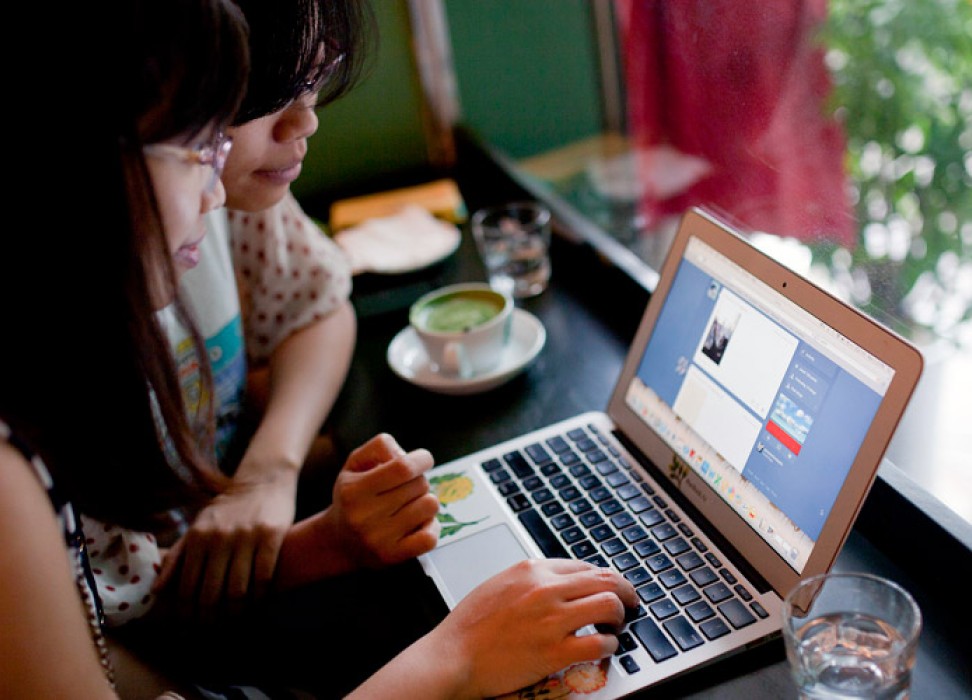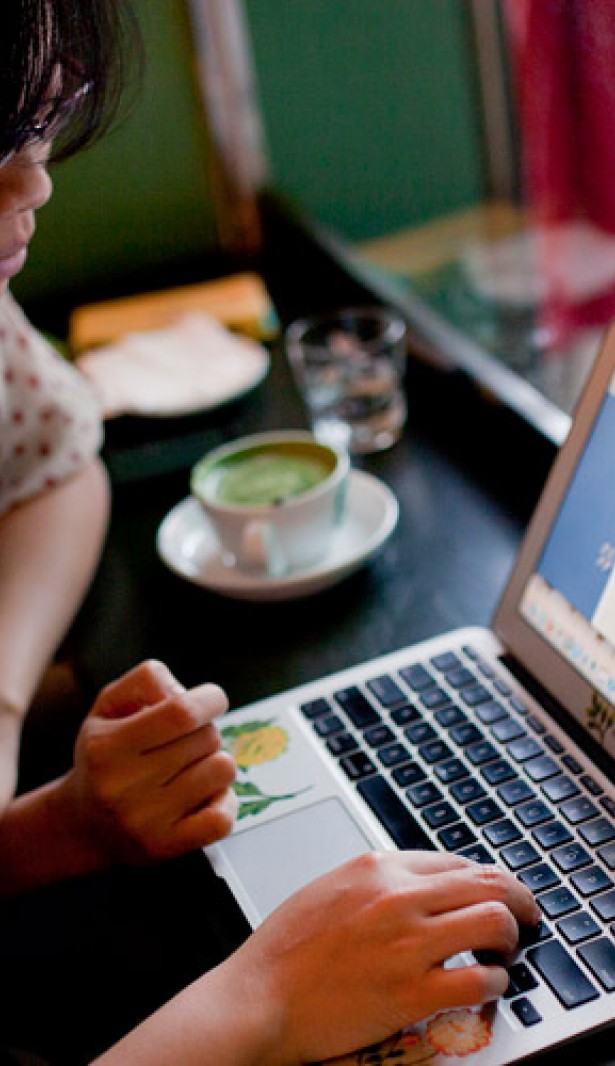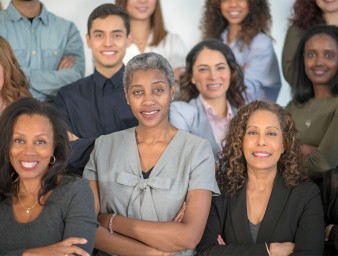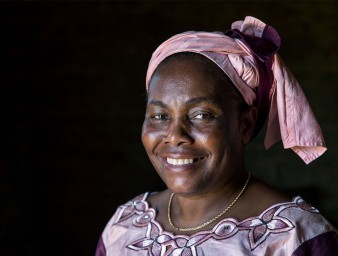Digital misogyny is personal and fixable
06 July 2018

“It is about how we can get women who want to enter public life to be more resilient online,” Seyi Akiwowo said. “Online abuse is not going to disappear, but you can mitigate it and how it impacts you, and there are ways you can protect yourself.”
For women and girls, the internet can be empowering but it can also be a dangerous space. Threats, intimidation and extortion attempts are just some of the ways that abuse online takes place. The abuse comes because of what the victim has said, or the group they belong to, the cause they are advocating or in many cases, simply because they are female.
For Seyi Akiwowo a moment of online triumph turned into a nightmare. It was 2017, and a video clip of Akiwowo making a speech at the European Youth Event at the European Parliament had been picked up by a fellow blogger. The clip showed her advocating that former colonizer countries should pay reparations to formerly colonized countries as a way to spur development.
Akiwowo knew her activism could be problematic online. She is a woman of colour (Akiwowo is of Nigerian descent), young and politically active (at 23 years old she was one of the youngest elected officials in her local London borough in the United Kingdom), which made her a target, she said.
Initially, the comments about her speech were positive. But then the trolls came. Soon her social media in boxes were flooded with abuses, she said. She was told “get lynched…”, to “f*** off back to Africa” and many variations of other racial and gender-based insults. It went on for months.
“It was a storm of abuses, with racist tones and misogyny and it was relentless,” Akiwowo recalled. “I realized that I wasn’t the only one that had experienced things like this. So I thought there’s a glitch in this online world that can be fixed.”
It’s Personal
The nature of attacks on women human rights defenders and activists is different, said Nighat Dad, Executive director of the Digital Rights Foundation in Pakistan. During instances of online gender based violence, she had routinely noticed that the attacks against women activists have been personal. Women are criticised for the clothes they wear, how they smoke a cigarette; there are calls for them to be assaulted or raped, Ms. Dad said.
“While not abuse against anyone is less terrible than the other, but when the men are abused, they are abused based on their work. But when a woman is involved, the attacks become personal. Body shaming, character assassination, rape threats, you name it.”
The results of online harassment is stark: women have reported the subsequent psychological harm, including cases of depression, and threats to their safety. These online threats often materialize offline, i.e. online violence can result in offline violence, such as the case in India for Ms. Gauri Lankesh, a journalist who published criticism of Hindu extremism, who was killed last year following widespread calls online for violence against her.
“As a result, [women] start self-censoring and in the worst case, they leave the online spaces altogether in hopes of staying physically safe,” Ms. Dad said.
Fighting back
To fight digital abuse, women and girls need to take back the digital space, Akiwowo said. Much like being in an actual, physical space, women and girls need to continue to assert their presence, to be there, she said.
“Human rights are important here. There must be a human rights based approach to this. To have women stay online is to have women understand that they have the right to be online,” Akiwowo said.
And she did try to fix it. Today, Akiwowo runs Glitch!UK, a non-profit organisation dedicated to preventing online abuse through advocacy, training and campaigning. She helps other activists and individuals online by teaching people how to take care of themselves and stay safe online.
Women and girls have agency in the face of online violence and abuse, there are steps that can be taken to address this growing human rights issue. During a panel discussion that took place during the Human Rights Council in Geneva, recently, experts and activists discussed solutions – both in law and in practice – that can help women and girls better protect themselves against violence online.
It is also about using technology to keep safe, said Matt Mitchell. Mitchell is a hacker and the director of Digital Safety and Privacy at Tactical Tech. The group works with activists and human rights defenders and recommends to have better control over their personal data.
Identity is often what is used to torment and abuse online activists, Mitchell said. Having better control over your digital identity and footprint, through things like using secure communications technology including encryption and conducting detailed exploration of what data is out there.
“It’s about understanding tech and knowing that your identity is your strength, not the thing that causes you problems,” Mitchell said. “We can use tech to protect ourselves.”
States also have a role to play. Special Rapporteur Simonovic called for the recognition of the principle of human rights, including women’s human rights, to be protected offline should be protected online as well.
“One of the many challenges in the fight against online violence against women is that most states still fail to recognize violence against women in the digital space as a real form of violence and the urgent need for specialized legislative measures at the national level,” she said.
6 July 2018




